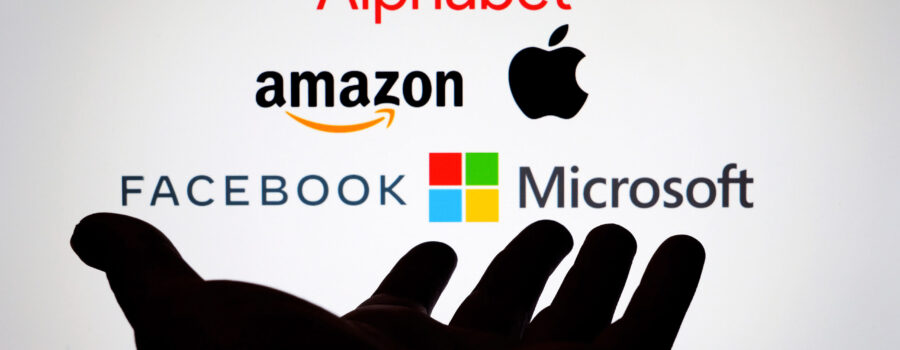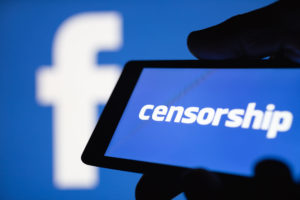Section 230 of the Communications Decency Act is a statute that grants immunity from liability to websites, social media platforms, and search engines for user generated content. This law was created back in 1996, before platforms like Facebook and Twitter were as influential as they are today. It’s no secret that misinformation and defamatory content are huge issues online so now, the Department of Justice and the Trump Administration are looking to reform the law in order to promote transparency and open discourse in an attempt to address illicit activity online.
Tech CEOS are at Odds About Section 230 Change
You could probably already guess that tech CEOs are against this change. In fact, on Tuesday, October 27th, 2020, Google and Twitter released prepared remarks warning against the proposed changes, while Facebook took the opposite approach by asking for more government regulation.
Twitter CEO Jack Dorsey argues that “Section 230 has allowed small companies to scale up to compete against established, global companies and eroding it could destroy how we communicate online. He says only the largest, well-funded tech companies will survive,” according to NBC. Dorsey also argued that weakening or removing Section 230 would promote more speech removal, and limit the network’s availably to address harmful content.
Tech CEOs aside though, both sides of the political spectrum are concerned with how social media networks and tech companies moderate user generated content.
The Struggle Moderating Content On Social Media Platforms
In October of 2020, Twitter blocked a link to a New York post article that claimed to contain “dirt” on presidential candidate Joe Biden and his son. At the time, Twitter removed it before it was verified and received backlash from conservatives who believe it was wrong to block the story ahead of its fact check, claiming it may be a form of election interference.
Dorsey later apologized for blocking the story in a tweet, stating, “Straight blocking of URLs was wrong, and we updated our policy and enforcement to fix. Our goal is to attempt to add context, and now we have capabilities to do that.”
Zuckerberg Promotes Section 230 Change
As stated earlier, and to the surprise of many, Mark Zuckerberg believes Section 230 should be changed.
“The debate about Section 230 shows that people of all political persuasions are unhappy with the status quo. People want to know that companies are taking responsibility for combatting harmful content — especially illegal activity — on their platforms. They want to know that when platforms remove content, they are doing so fairly and transparently. And they want to make sure that platforms are held accountable,” Zuckerberg said, “Changing it is a significant decision. However, I believe Congress should update the law to make sure it’s working as intended.”
Many find it troubling though that these tech giants essentially get to choose whether certain posts are taken down. As many are aware, each social media platform has their own political biases and beliefs. As attorneys, we also find it troubling that social media platforms are not required to remove defamatory content – especially if it is found to be defamation in a court of law. However, the proposed changes to Section 230 may benefit defamation victims as one of the “carve-outs” include removing content that is illegal, and speaks to defamation specifically.
No decisions have been made yet, but if there are any, it will likely depend on the result of the upcoming election as President Trump has been pushing for this change for years.
Trump Signs Section 230 Executive Order
President Donald Trump released an executive order in May of 2020 regarding Section 230 of the Communications Decency Act. This order aims to limit the legal protections Section 230 offers internet platforms, and requests that companies engaging in “unfair or deceptive” practices be investigated. It also asks that agencies collect complaints of political bias so, if the time comes, that evidence can be used to determine whether a site’s legal protections should be revoked.
Since the release of this executive order, Congress has given no sign that they plan to repeal Section 230 entirely, but many Congress members are now considering how else this act could be reformed for the better.
Looking for a Defamation Lawyer?
If you need legal counsel to help remove defamatory content, get in contact with one of our experienced defamation attorneys today. It’s our reputation to restore yours.





5 Comments
Leave your reply.